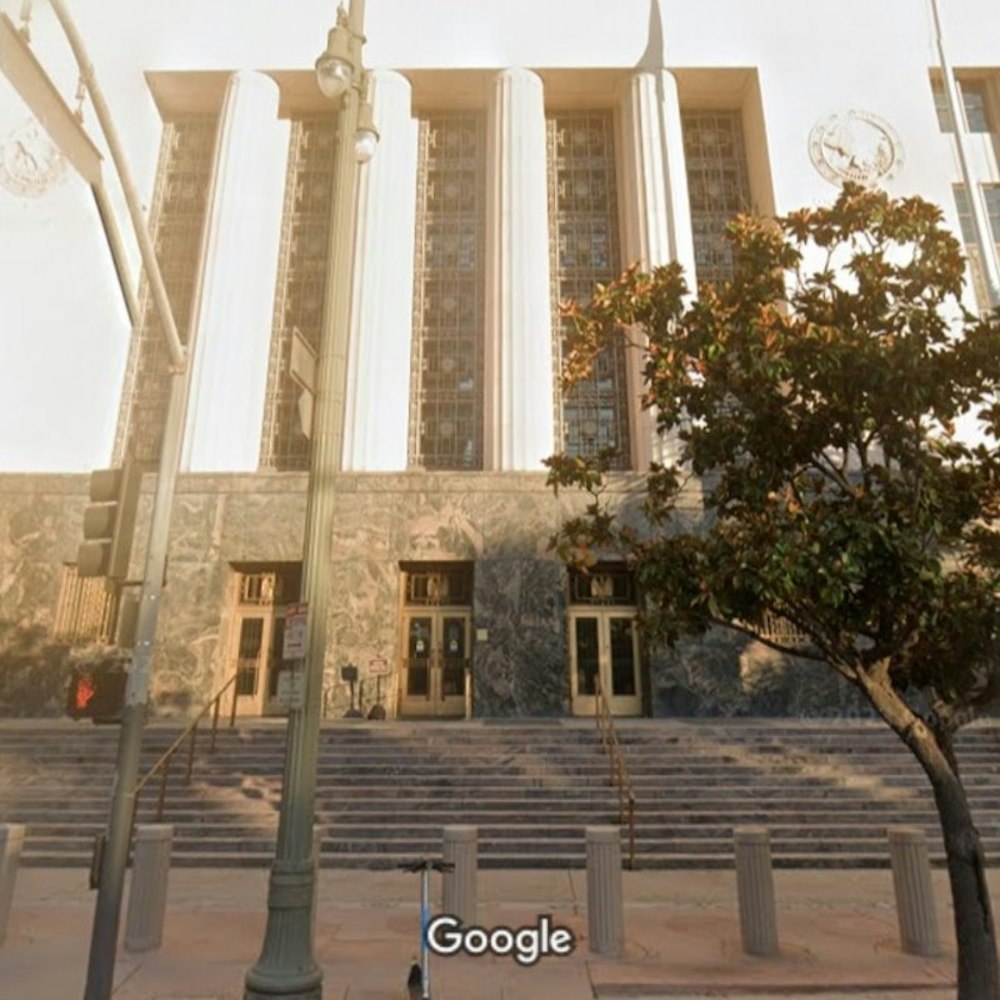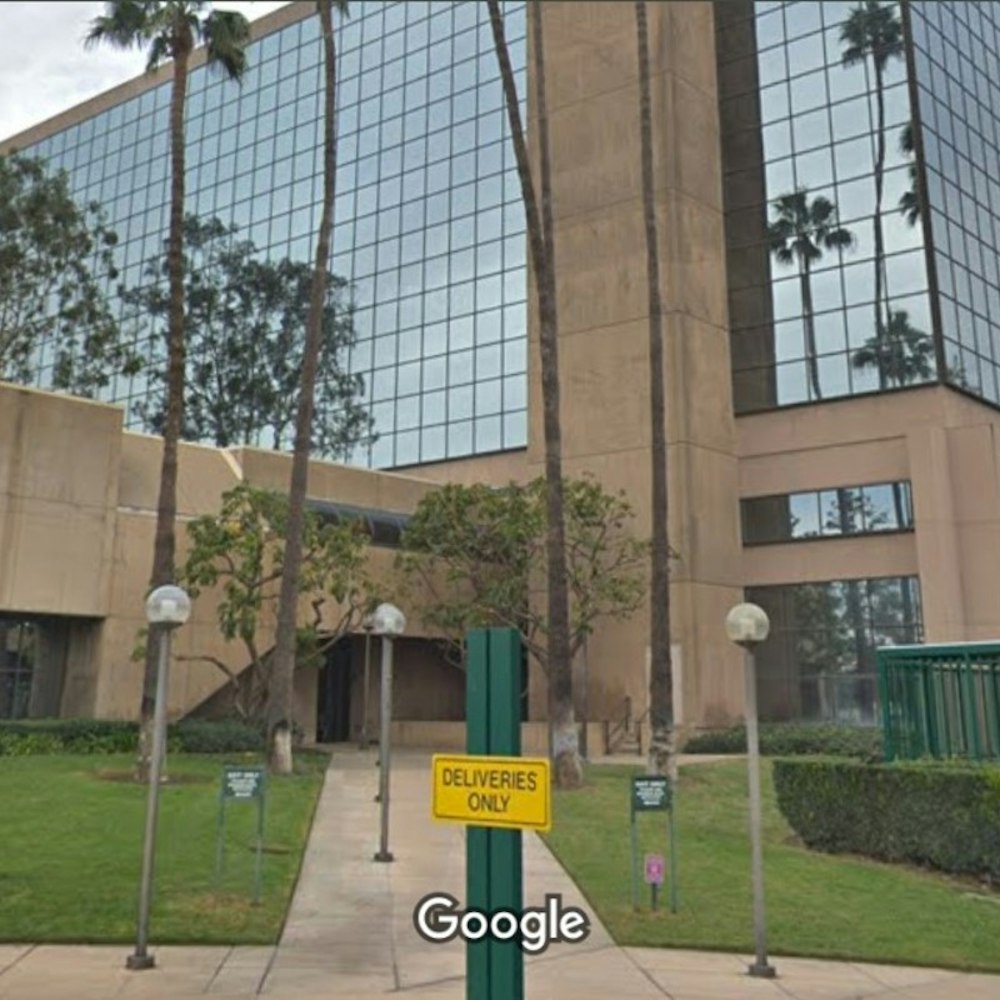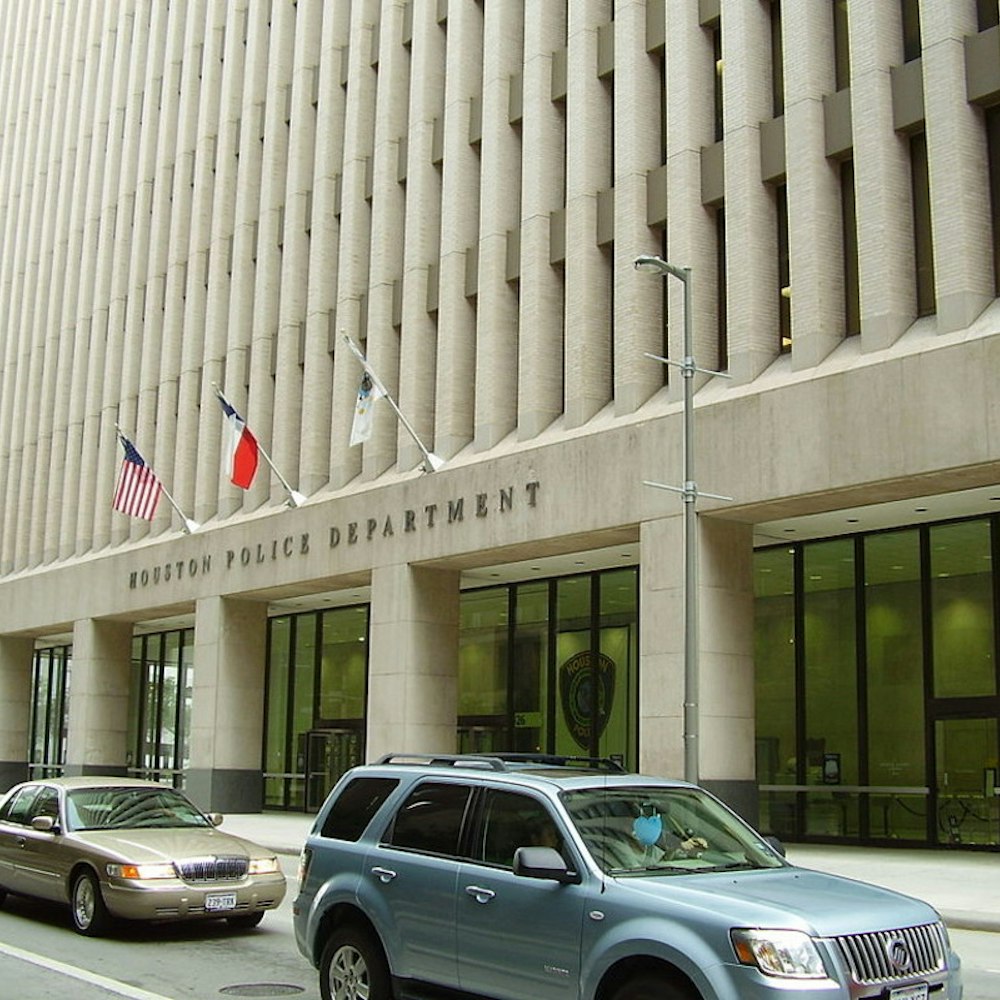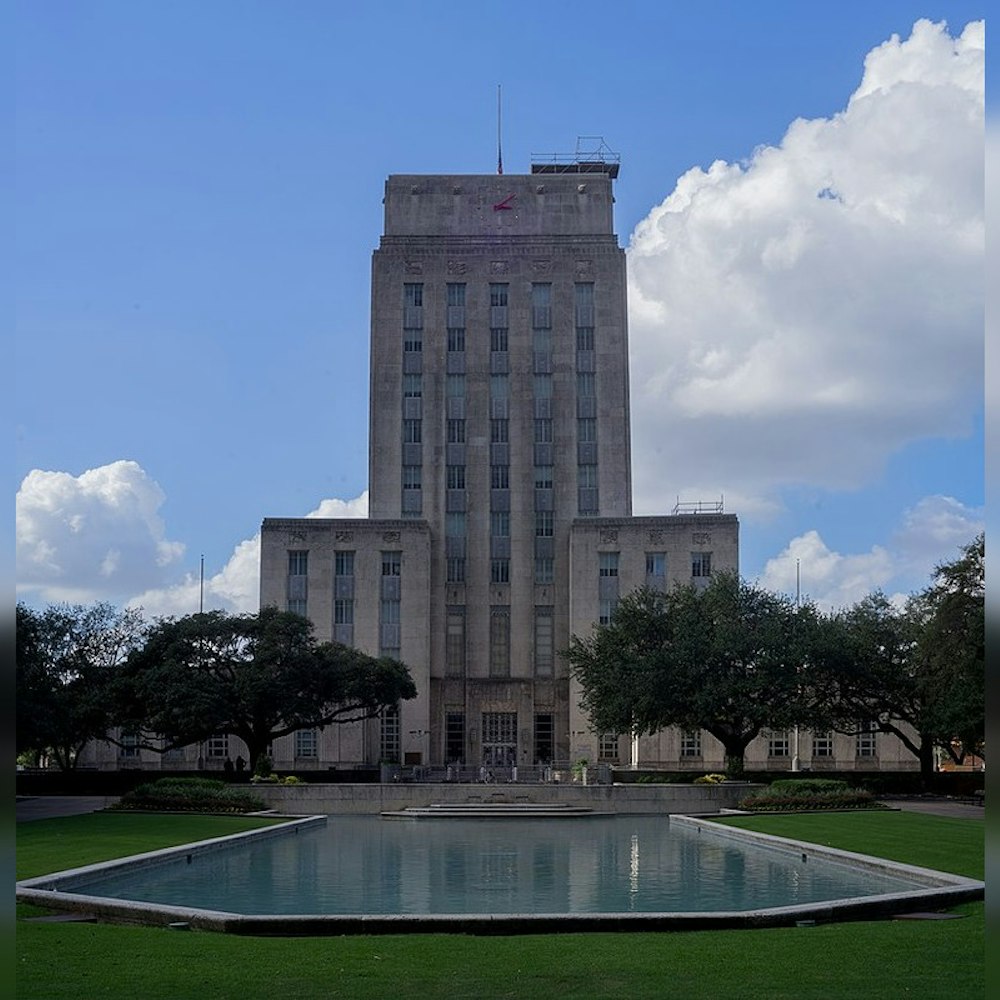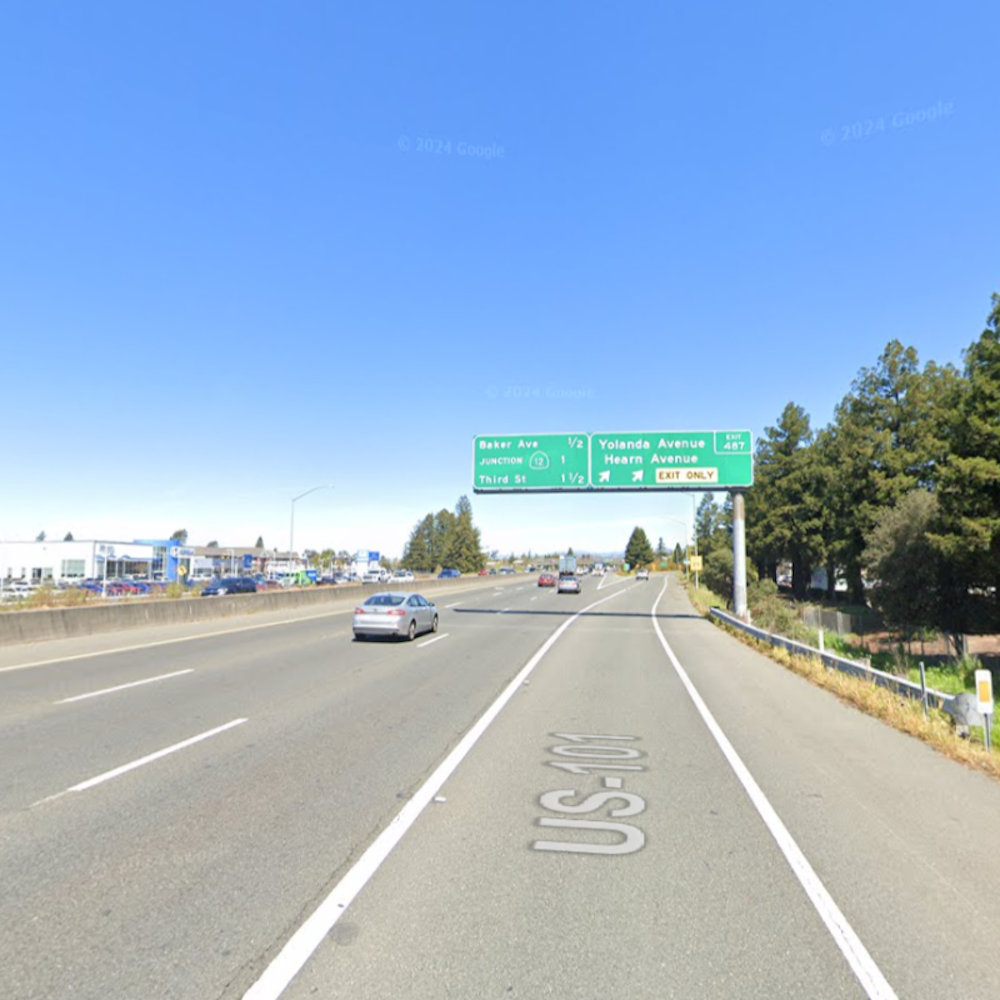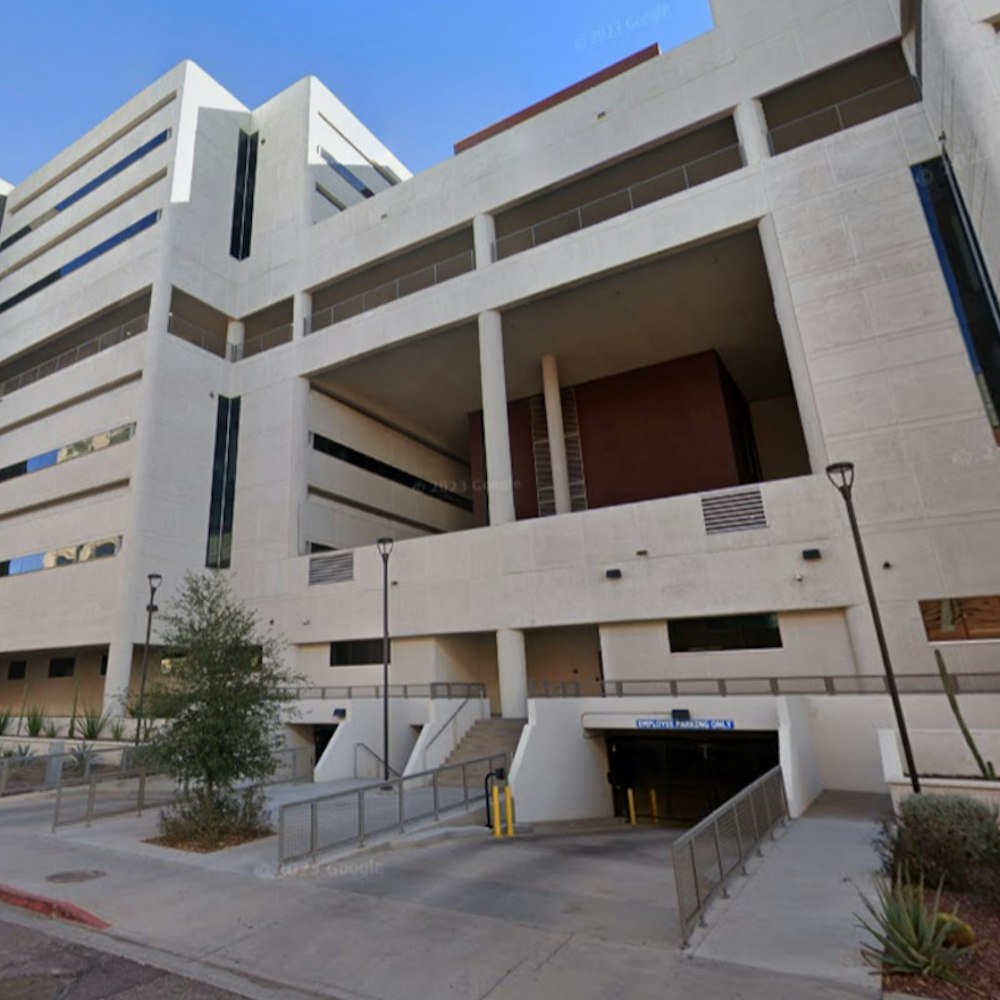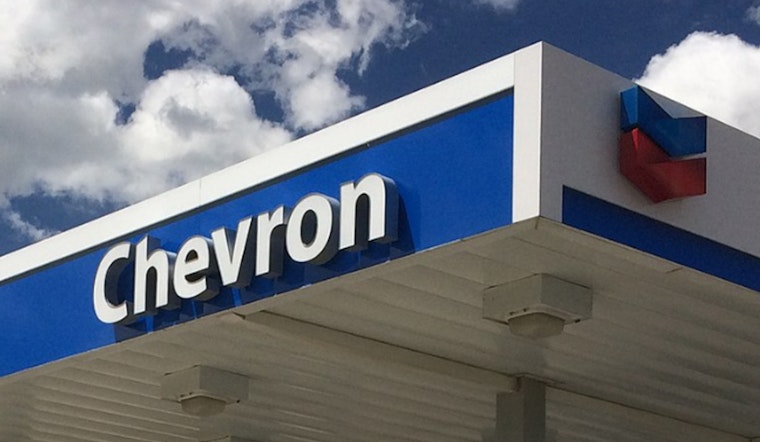
Texas is betting big on new underground riches, not oil but carbon dioxide. Chevron and other oil companies have commenced drilling test wells in East Texas and the Gulf of Mexico for a venture into carbon capture and storage (CCS), eyeing profits following lucrative federal incentives. According to a Houston Chronicle report, Chevron’s 142,000-acre carbon storage project could store more than 1 billion metric tons of CO2, tapping into the increased tax credit of $85 per ton provided for by the Inflation Reduction Act.
Joining the race, Exxon Mobil and Occidental Petroleum have also punched holes around Houston, positioning to turn industrial emissions into a cash cow, thanks to subsurface data needed to secure federal permits. Brad Johnston, an Enverus geologist, suggests that break-even costs for securing and storing carbon could be in the range of $60 to $70 per ton, and the heightened federal incentives "was definitely a game changer," as he told the Houston Chronicle.
The General Land Office (GLO) of Texas is looking to expand the industry into the Gulf, auctioning off swathes of seabed for CCS. Talos Energy nabbed a lease from the state for a 40,000-acre area near Port Arthur, and the GLO recently announced six more leases, expected to drum up $130 million for Texas schools. Details about these leases were scant, with the GLO keeping a tight lid on specifics, as reported by Inside Climate News.
While proponents see CCS as pivotal for the U.S.'s march towards net-zero emissions, critics flag concerns ranging from the technology's efficacy to environmental risks. Dennis Wamsted, an energy analyst, highlighted past CCS inefficiencies, noting "It doesn’t work for as long as people claim it does, and there are significant uncertainties about how long it can be stored underground," in a statement obtained by Inside Climate News. A case in point, the Petra Nova facility—the only CCS project to have been operated at a U.S. power plant—was found by the Institute for Energy Economics and Financial Analysis to be capturing less carbon than claimed, and in 2020, was shut down due to plunging oil prices.
Amidst these economic tussles, landowners like James Frank Howell of Liberty have become unlikely players. Howell opted to lease his 12,000-acre ranch to a Houston startup poised to plant CO2 into the earth rather than traditional oil giants. "You kind of want to see things move on down the road, and not just go lease it and have it sit," Howell disclosed to the Houston Chronicle. Environmental and community activists, however, aren’t as optimistic, worried that CCS might serve to bolster the fossil fuel industry, rather than hasten a transition to renewable energy.

